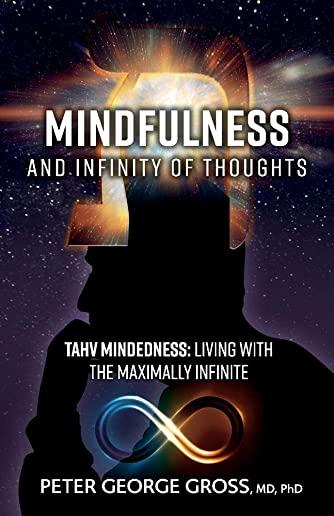
Gross, Peter George
product information
description
6Georg Cantor, the father of modern set theory, proved that there exist infinite sets that are greater than other infinite sets. The author demonstrates that the greatest infinite collection (a collection is not necessarily a mathematically proper set with mathematically definable elements) is the collection of all thoughts. The presentation uses different techniques of thought exchange between individual minds to make this point. The importance of such awareness of the maximally infinite, the Tahv, as the author calls it, is left to the reader for now; there is no dwelling on this in any detail in the book; this is on purpose, because the concept of the Tahv is not a familiar one as yet. Once the concept takes hold, the next steps can be developed.It is the author's hope that the book, although not necessarily an easy read, it is certainly an understandable read without any mathematical background. Above all, the book is intended to be enjoyable as well as enlightening.The author tries to make a topic that at first glance appears necessarily remote from everyday life into a manageable discussion for the reader. The reader is encouraged and perhaps even expected to make his or her own notations and comments as the topic unfolds in the book. The book is very short and this is also intentional. The very concept that the Tahv raises is that nothing can ever be completed unless it is defined as a closed system. Our minds are made up of infinite thoughts and they definitely do not represent a closed system.
member goods
No member items were found under this heading.
Return Policy
All sales are final
Shipping
No special shipping considerations available.
Shipping fees determined at checkout.







